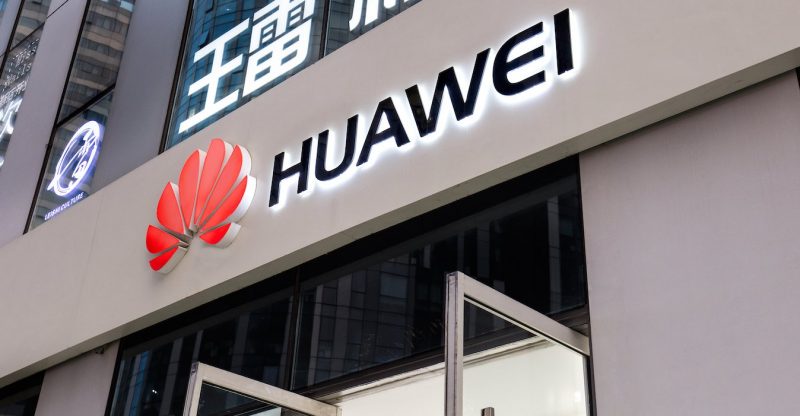Huawei Building Tool That Can Stress Test Blockchain
Huawei has finally built a tool that is specifically designed to test the performance of major blockchains. This tool called the Project Caliper, an open-source technology that already supports analysis of Hyperleger Fabric, Hylerledger Sawtooth and Hyperledger Iroha, with more expected to be added by the end of 2018.
This tool, which focuses on analyzing technology, is fundamentally about helping developers and corporates make more confident decisions about their tech.
“We thought it is a missing piece of blockchain and we can help to develop it”.
Simply put, the goal of the project, launched last May, is to integrate existing blockchains into a framework whereby they can easily be compared via standards set by Hyperledger’s Performance and Scalability Working Group.
“Next, the code stress tests the supported blockchains in a controlled environment and generates results that include the success rate of transactions, the number of transactions per second, the time it takes transactions to settle and the consumption of resources required for all of these actions, such as CPU and memory.”
Zhou believes that the results would be important to blockchain builders.
“We are trying to contribute it to Hyperledger community so other parties can easily to join the work as other Hyperledger projects,” he said.
But Javier Paz, author of an Aite Group who last year manually elevated a list of major blockchains, for one, is not sure that companies would let their open-source projects be subject to scrutiny that could highlight any flaws.
“I’m afraid that the work required to compare the effectiveness and progress of the various public and private chains will remain a manual and painstaking effort – where the networks are involved and feel comfortable sharing key performance statistics,” he said.
As far as what else might be up Huawei’s sleeve, Zhou would only confirm that Project Caliper is part of a bigger strategy, concluding:
“Huawei, of course, is developing other blockchain projects.”





